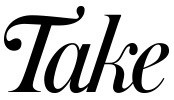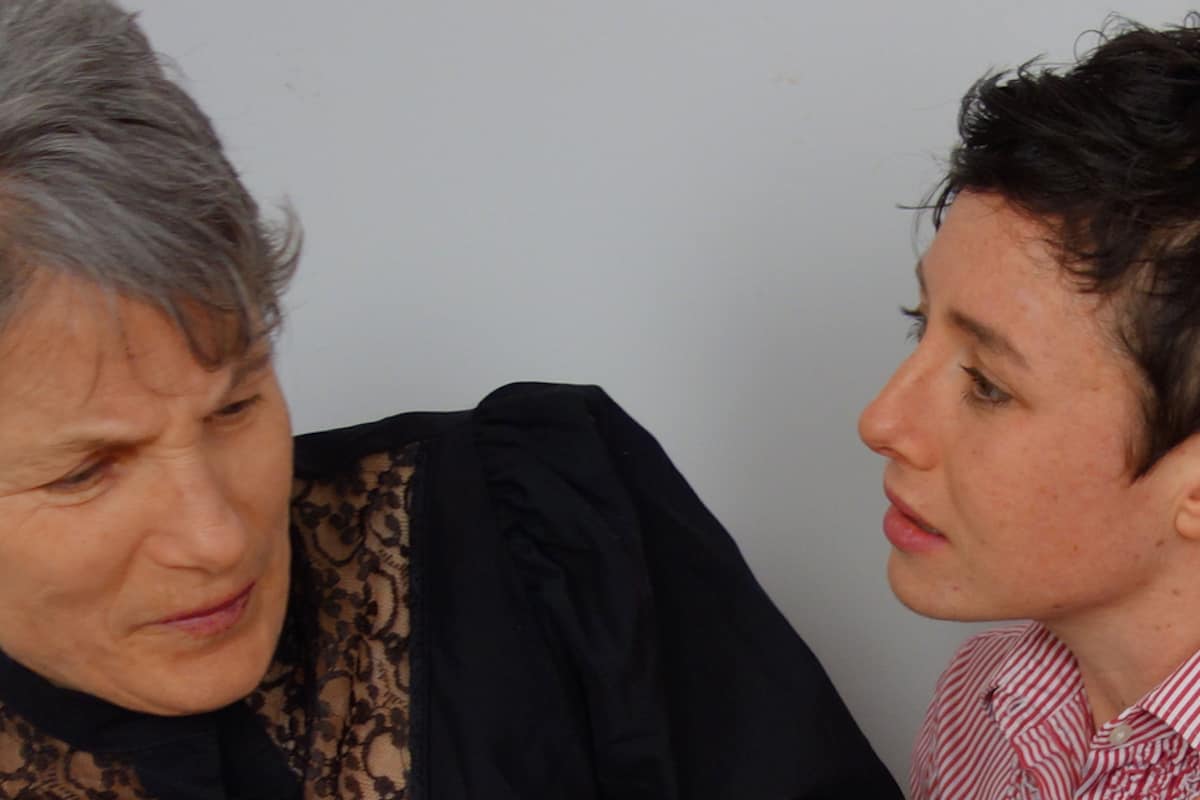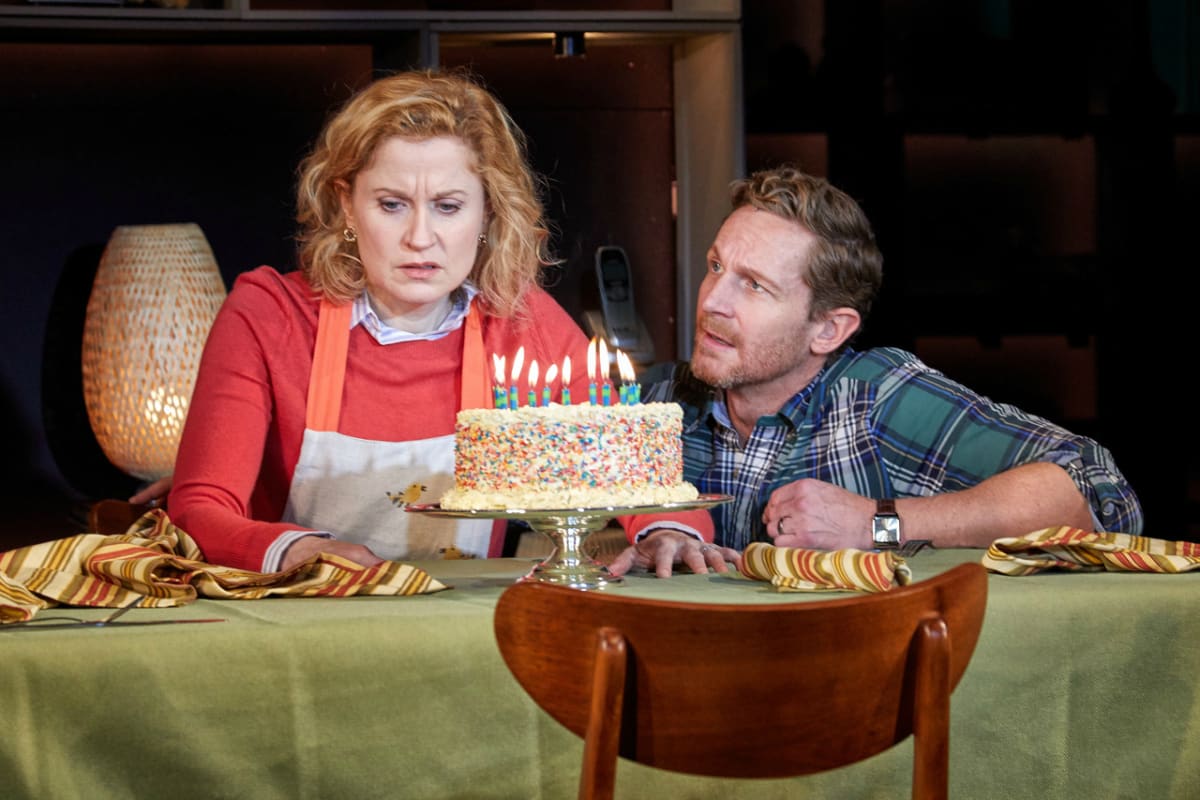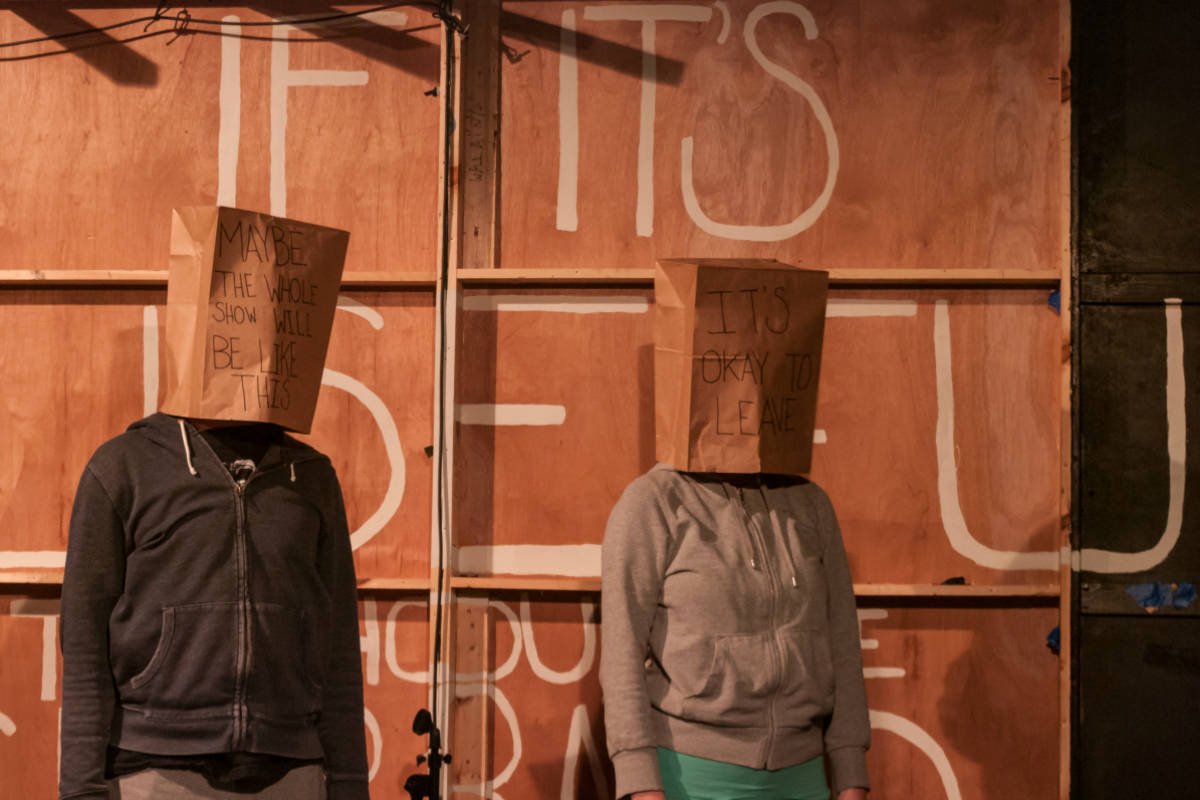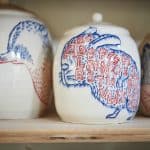“Fun Home has really kicked down that closet door forever,” according to lesbian pioneer playwright Carolyn Gage.
The glass ceiling was finally broken at this year’s Tony Awards when Fun Home, the musical adapted from Alison (Dykes to Watch Out For) Bechdel’s graphic memoir about coming out and her relationship with her closeted dad, made Broadway history. Fun Home, winner of six awards including Best Musical, Best Score, and Best Libretto, is the first Broadway musical to feature a lesbian protagonist. It’s also the first Broadway musical to have two women, Jeanine Tesori and Lisa Kron, win the major musical theater awards for the show.
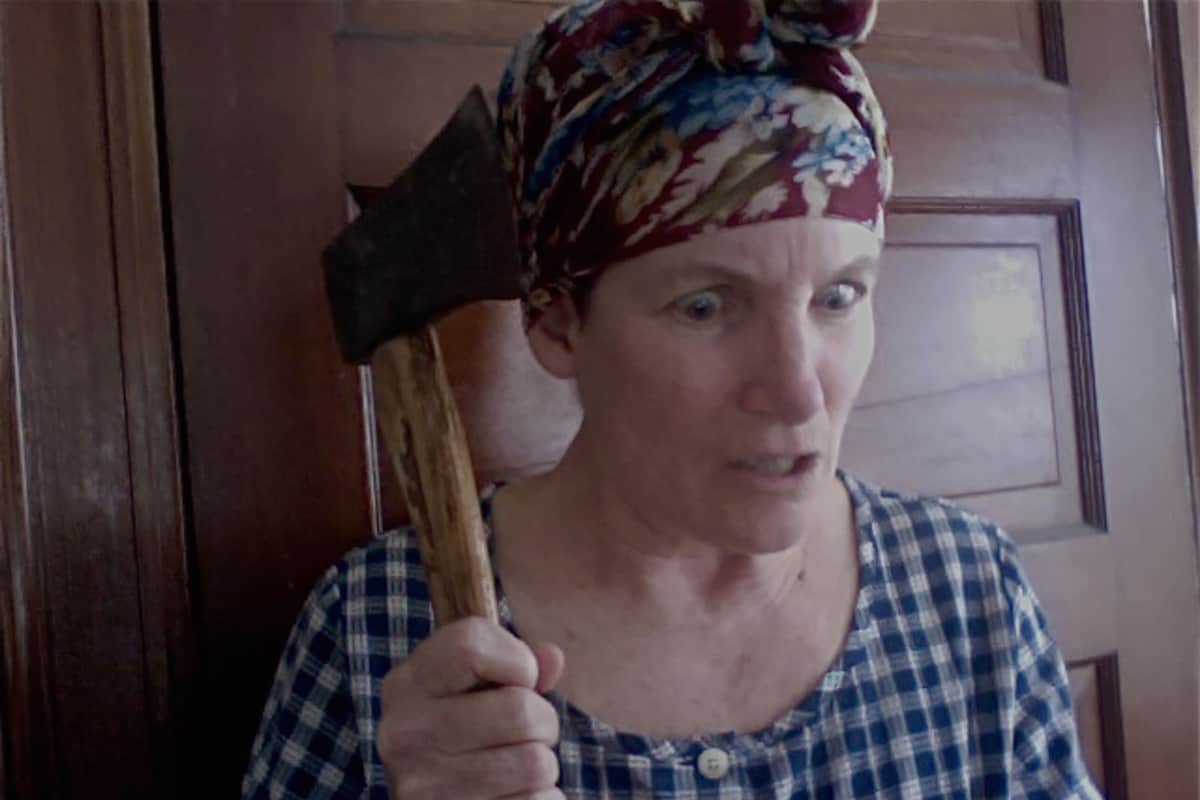
Lizzie Borden’s maid in Lace Curtain Irish | Photo by Carolyn Gage
Lesbian characters have been featured on mainstages before, but they’re usually supporting roles, like “the lesbians next door” in Falsettos, and in ensemble pieces such as Grand Hotel and Rent — this while gay male characters shine on Broadway and in the big theaters coast-to-coast. (Speaking of which, Kinky Boots, the Cyndi Lauper/Harvey Fierstein musical, is at the Bushnell Performing Arts Center in Hartford, Connecticut until June 28 and at the Boston Opera House August 11-30, while La Cage Aux Folles plays at Goodspeed Musicals in Connecticut through September 6.)
Until now, lesbian-created theater for women has been more of a staple at smaller theater companies and festivals. One of the major players is pioneer playwright, director, actor, writer, teacher, and activist Carolyn Gage, whose one-act play, Louisa May Incest, is on the roster this weekend at this year’s PortFringe, Portland, Maine’s fringe theater festival.
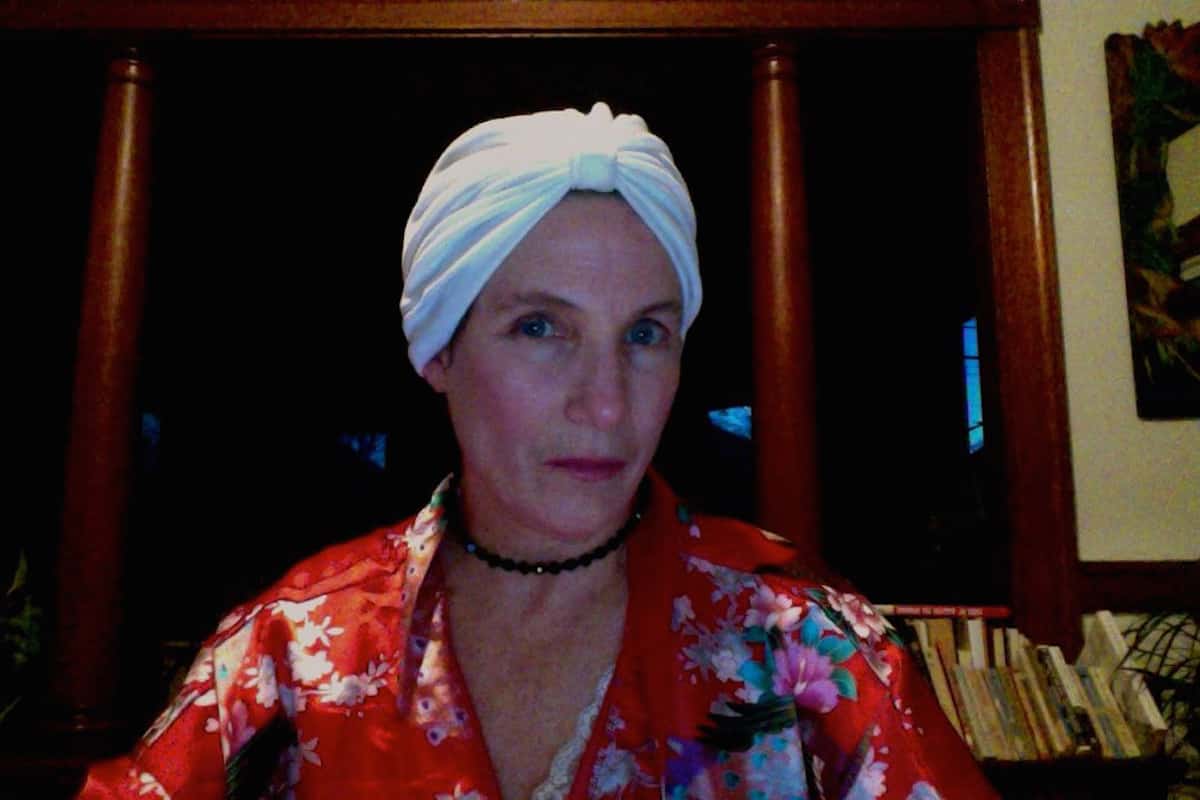
The Greatest Actress Who Ever Lived | Photo by Carolyn Gage
Gage’s career has been prolific. Trained in directing theater at Portland State University in Oregon, she is the author of 65 plays, musicals, and one-woman shows as well as nine books on lesbian theater. She also acts in and directs many productions of her works, where she specializes in nontraditional roles for women, especially those that reclaim famous lesbians whose stories have been distorted by or erased from history. Among Gage’s best-known works are her solo play, The Second Coming of Joan of Arc, in which Joan addresses contemporary issues with today’s audiences, and Ugly Ducklings, nominated by the American Theatre Critics Association for the prestigious ATCA/Steinberg New Play Award (given annually for the best new play produced outside New York).
Gage has found many influences in an underpopulated arena. “When I began my career in 1980, there were very few women playwrights. I studied the work of the male playwrights for technique, structure, and so on,” she says, “but I really leaned into the rising tide of radical feminist writers from that golden age of the 1970s and early 1980s. Poets like Audre Lorde and Pat Parker, Monique Wittig. Theorists like Julia Penelope and Mary Daly. Historians like Matilda Joslyn Gage (I took her name, I admired her so much). I was very fortunate to come of age when there was such a flowering of feminist thought and imagination.”
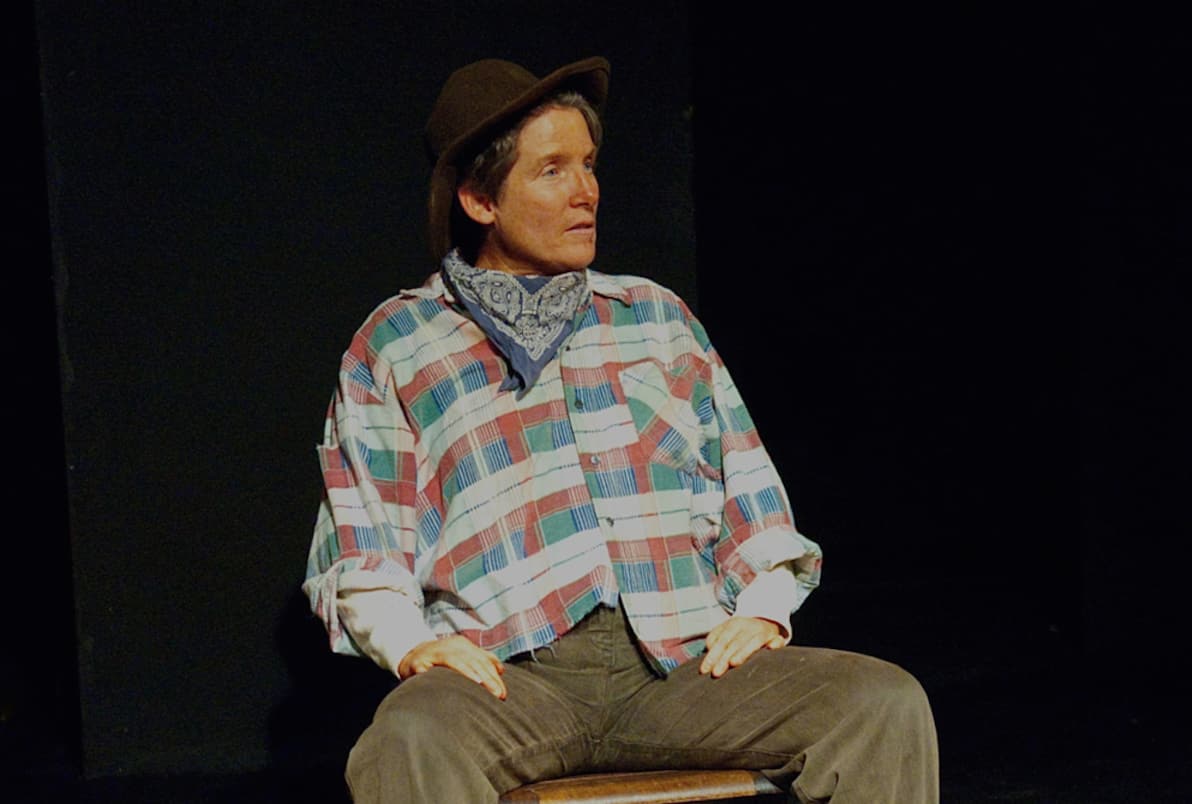
Calamity Jane Sends a Message to her Daughter | Photo by Arthur Fink
Louisa May Incest is Gage’s story about the Little Women author, feminist, and New Englander Louisa May Alcott. In the play, Alcott has locked her alter-ego, Jo March, out of her study in order to finish Little Women alone. Jo breaks in and confronts Louisa about her desire to end their collaboration. Louisa admits her intention to have Jo burn all her writing and marry the aging and self-righteous professor at the end of the book.
Gage co-stars with Boston actress Julia Reddy, and they’ve co-directed the production, which has been performed at several New England venues this season as part of Gage on Stage. She didn’t write the play with herself in mind as an actor. “I directed the first production with someone else in that role. But I certainly drew from my experiences as a writer in the play,” she says. “I feel that my characters come and argue and joke with me all the time!”
Thanks in part to Fun Home’s success, Gage sees a brighter future for her work in mainstream theater. “The so-called ‘masculine woman’ has been profoundly censored in Western theater,” she says. “Fun Home has really kicked down that closet door forever.”
